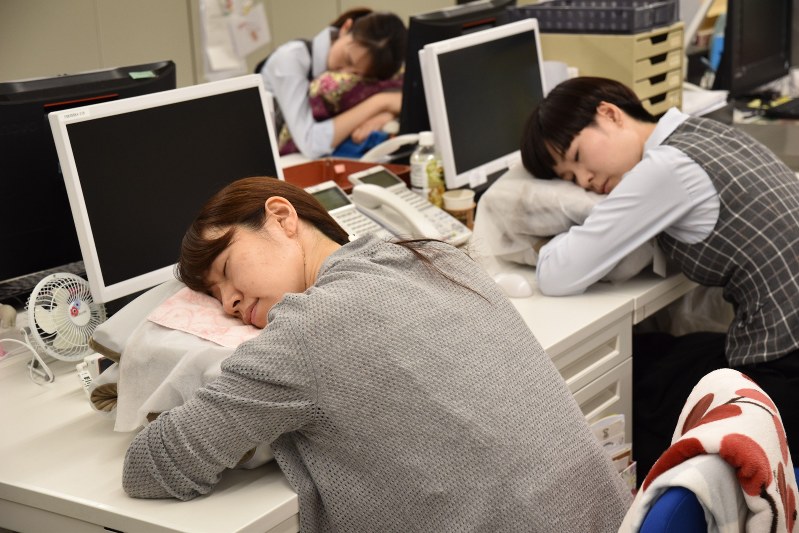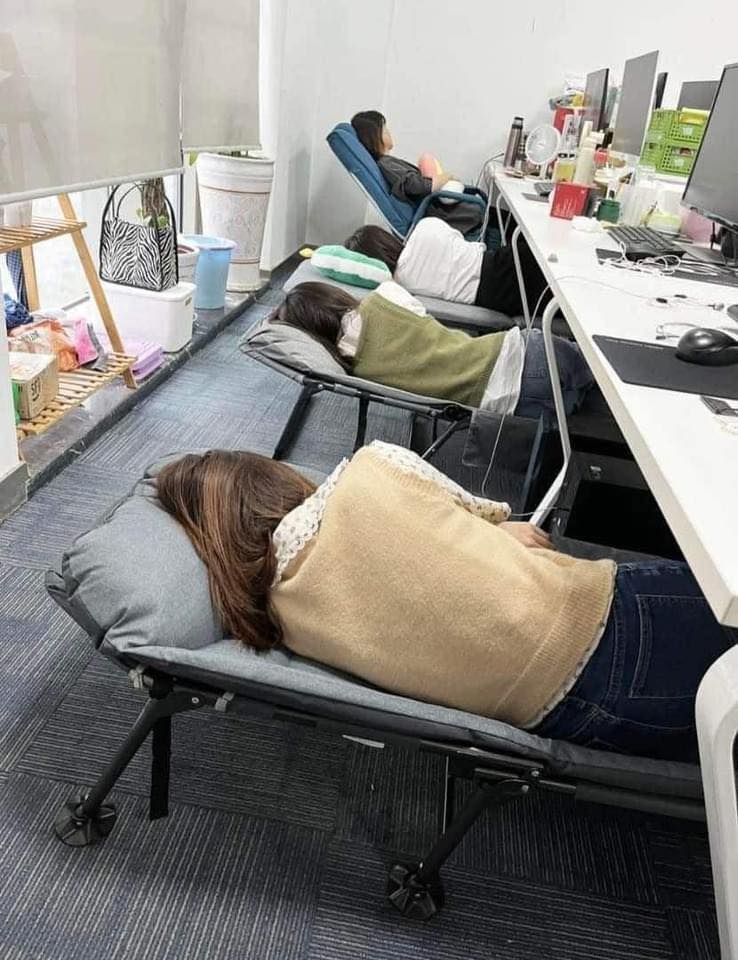Inemuri: Why Napping at Work Is a Sign of Dedication in Japan

In Japan, falling asleep at work is not considered laziness — it is often seen as a mark of commitment and diligence. This practice, known as inemuri, which roughly translates to “sleeping while present,” is widely respected in Japanese culture.
When an employee dozes off at their desk, it is generally interpreted as evidence that they have been working extremely hard, pushing themselves to the point of exhaustion. Rather than criticism, a short nap is often met with understanding and even admiration from colleagues and supervisors. In some workplaces, even managers are known to take brief naps, and it is considered completely acceptable.
The logic behind inemuri is practical as well as cultural. Short naps during the day allow workers to recharge their energy, return to their tasks with renewed focus, and maintain productivity over long hours. It is also believed to help employees go home with more patience and energy for their families, preserving the balance between work and personal life.
Inemuri reflects broader Japanese values such as perseverance, dedication, and loyalty. Unlike in many Western workplaces, where napping on the job might be frowned upon, in Japan it is recognized as a subtle sign of effort and responsibility.
Next time you feel exhausted at work, consider the Japanese perspective: a brief nap is not a failure, but a testament to how much you’ve given to your work. In this culture, sleeping at the office is not shameful — it can be a compliment.










